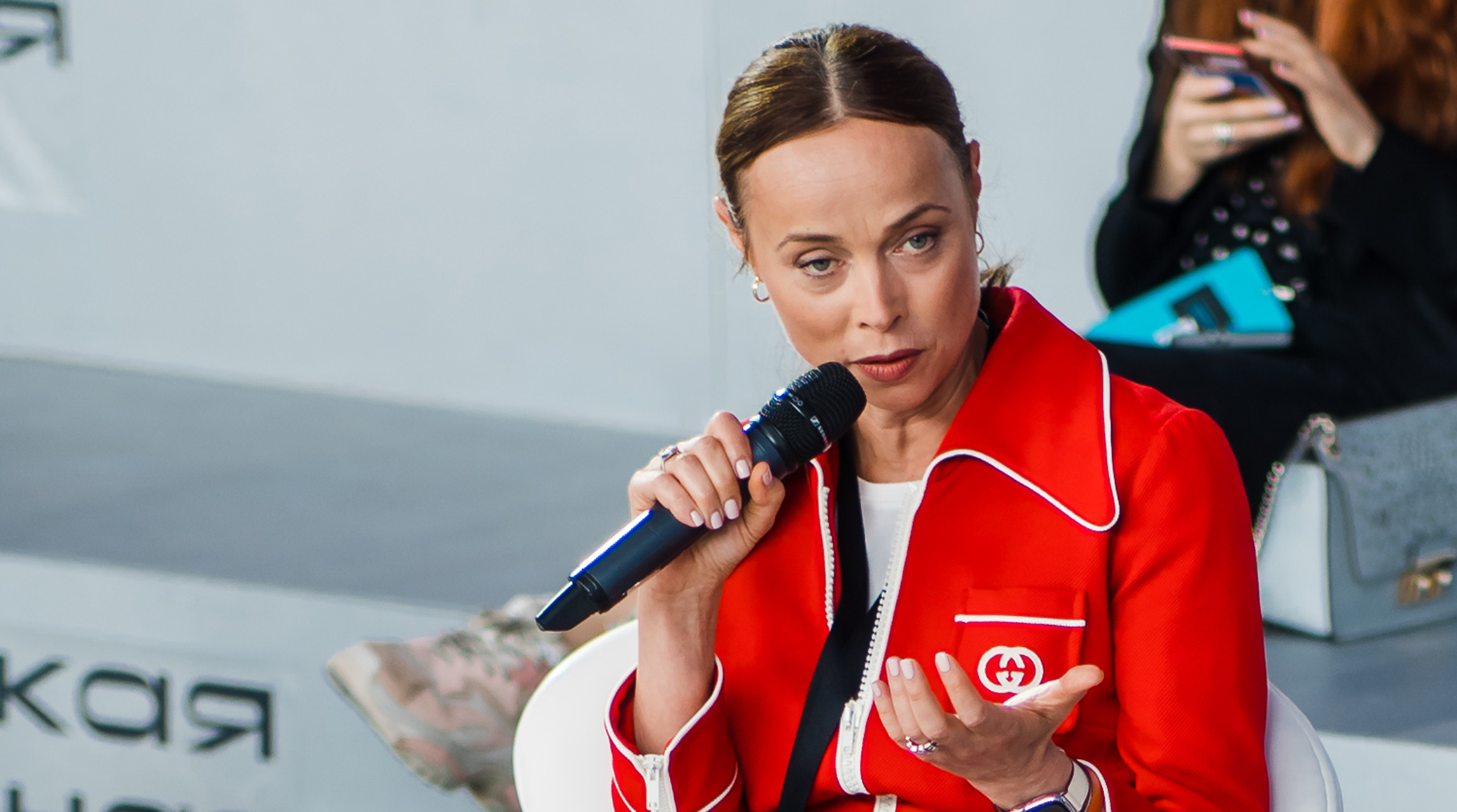One of the highlights of Russian Creative Week, held from 26-29 August, was the session titled “Digital platforms, content producers and the state: How can we balance different interests to increase the investment attractiveness of the creative industries?” Yulia Golubeva, deputy CEO of Gazprom-Media Holding, participated in the discussion, which was held on the first day of the event’s business program.
Every year the creative industries are gaining more momentum and attracting increasing capital flows, taking over new sectors of the economy. At the same time, both society and the business sector are clearly struggling to accredit real value to intellectual products, to see it as an asset that has specific property rights. Conflicts in this sphere are now not just frequent, but constant, and the need to regulate the attitudes to the creative industries is greater than ever. At the same time, the increasing share of digital content makes control ineffective.
The range of things that could be protected by intellectual property rights is huge - from a patent or a logo to an original hairstyle design, a software product or a post on social networks. The session’s participants discussed the main stages of making a creative product, from forming an idea to its production and distribution, and the legal nuances of each stage.
Monetisation was a topic of great interest to the session’s participants.
“Our Holding brings together content producers as well as distribution platforms. The discussion’s participants say that the key task is the production of as much high-quality, competitive content as possible. I should note that some of the content produced in Russia is already in demand among global services. One of the best examples of this is the project “Anna K” on Netflix. On May 26, Netflix announced its first original Russian drama series, “Anna K”, a contemporary adaptation of Leo Tolstoy’s novel, which will be made by one of Gazprom-Media Holding’s film companies, 1-2-3 Production. The idea is to transport Anna Karenina into 21st century Russia and introduce her to the whole world on the Netflix platform in her native language (among many others),” said Yulia Golubeva. “The creation of quality content requires significant financial investments and different monetisation models must be used. This is where the obstacles arise. First of all, there are no set rules for the online market. The law that is under discussion now, to create a single measurement tool for all media environments, will make it possible to have transparent conditions and uniform rules, which in turn will help to grow the advertising market.”
The state and market participants need to teach Russian media consumers to pay for content. At the moment, subscription fees do not compensate for the investments in production.
Two more topics are directly related to the one mentioned above. This is fair competition and media piracy.
“Audiovisual services are becoming the main medium for content consumption. At the same time, the quality and quantity of content is growing faster today than the means to monetise content are developing. The situation regarding global players, whose resources sometimes exceed not only those of local platforms but whole states, also halts market development. They can dictate priorities in the production and purchase of content from local producers, spend significant sums to win over and retain audiences and, to a degree, even dictate the rules of the game for the other market participants. We advocate for the creation of a healthy balance and support the bill to ‘ground’ IT giants,” said Yulia Golubeba. “And, of course, another barrier to the development of the industry is piracy. All diligent players must join forces to fight this problem.”
